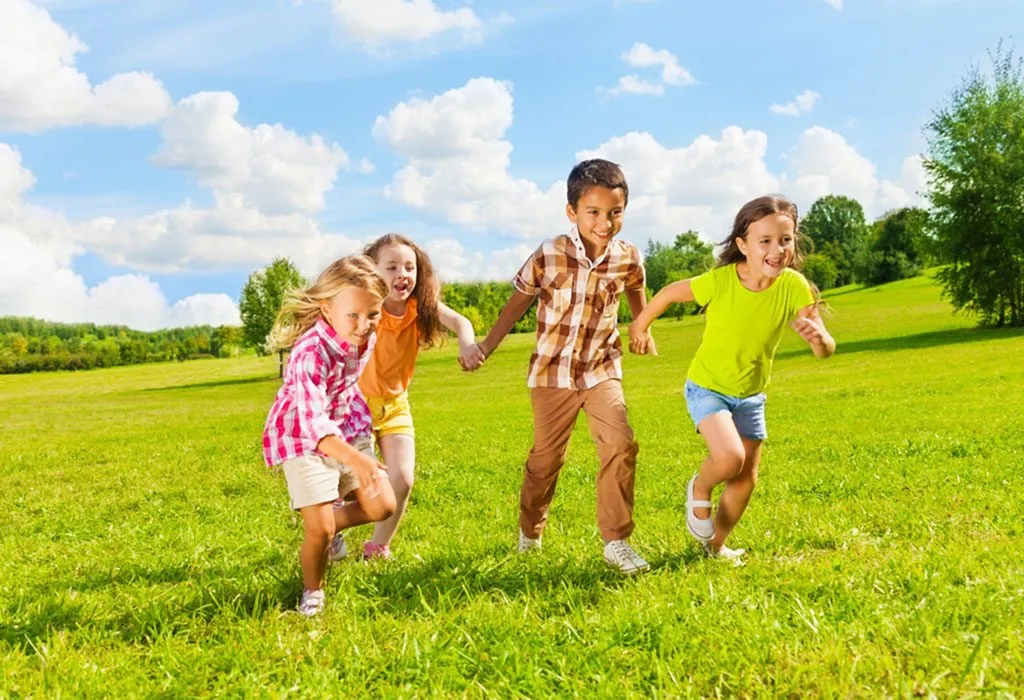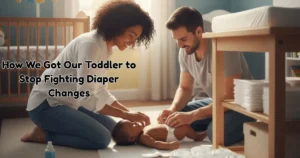Physical development in early childhood is an important part of a child’s overall growth. It includes building coordination, strength, and body awareness, as well as large and small motor skills. This stage lays the groundwork for a healthy, active life. Giving kids chances, places, and encouragement to explore and improve their physical abilities are all parts of promoting physical development. Here are some good ways to help kids develop their bodies when they are young.
Getting kids to play actively
Active play is very important for growing bodies. Kids get stronger, more coordinated, and able to keep going for a long time. It also improves their social and mental abilities. Encourage activities that get kids to run, jump, climb, and play in other active ways. Parks, playgrounds, and other safe outdoor areas are great places to play outside. Kids can also learn how to work together and follow the rules by playing organized games and sports.
Making sure the place is safe
When encouraging physical development, safety is the most important thing. Play areas should not have any dangers, and kids should be watched while they play. Use toys and equipment that are right for their age and that encourage them to move around and explore. When kids play outside, soft surfaces like grass or padded mats can make it less likely that they will get hurt. It’s also important to teach kids safety rules, like how to cross the street safely by looking both ways or wearing a helmet when riding a bike.
Getting people to explore and move around
Moving around helps little kids learn about their bodies and the world around them. Help your kid try crawling, walking, hopping, and skipping as some of the different ways they can move. Offer a range of ways to move, such as obstacle courses, dancing to music, playing with balls, walking, and riding tricycles. These activities help kids get better at balancing, moving around, and coordinating their movements.
Helping the development of fine motor skills
The small muscles in your hands and fingers are used in fine motor skills. You need these skills to write, button clothes, and use utensils, among other things. Give them things to do with their hands that require them to move them precisely, like coloring, drawing, using scissors to cut, and building with Lego or blocks. It’s also good for fine motor skills to do things like puzzles, stringing beads, and working with clay or playdough.
Getting people to be more active through daily habits
Including physical activity in kids’ daily lives helps them form good habits. Instead of driving, encourage people to walk or ride their bikes to nearby destinations. Kids should help with physical chores around the house, like gardening, sweeping, or carrying groceries. Plan time for your family to do things that get them moving, like hiking, playing catch, or going to the zoo.
Giving people healthy meals and snacks
Good nutrition is very important for physical growth. A healthy diet with a range of fruits, vegetables, whole grains, lean proteins, and dairy products gives you the energy and nutrients you need to grow. Make sure your kids eat healthy snacks and meals at regular times so they have energy all day. Cut down on sugary drinks and snacks and get people to drink more water.
Making Sure You Get Enough Rest and Sleep
Rest and sleep are very important for health and physical growth. Make sure your kids get enough sleep by setting a regular bedtime routine. Kids need between 10 and 14 hours of sleep a day, which includes naps. It depends on their age. A good night’s sleep helps you grow, keeps your mood stable, and improves your mental and physical performance.
Organized sports and activities
Organized sports and activities give people structured chances to improve their bodies. Sign up your kid for sports, dance, gymnastics, swimming, or soccer. Kids can learn new skills, get better at coordinating their movements, and learn to be disciplined and work together through these activities. Make sure the activities are right for the kids’ age and that the focus stays on having fun and participating instead of winning.
How to Teach Self-Care and Body Awareness
Help kids learn about their bodies and how to take care of themselves. Teach them to recognize and act on their body’s messages, like when they are thirsty, hungry, or tired. Stress how important it is to warm up and cool down before and after exercise and encourage people to do it regularly. Teach basic hygiene skills like how to wash your hands, brush your teeth, and take regular baths.
Getting people to feel good about physical activity
For long-lasting healthy habits, it’s important to have a positive view of physical activity. Set a good example by staying active and showing that you enjoy doing physical things. No matter what level of skill your child has, praise their efforts and successes in physical activities. Instead of focusing on performance or competition, stress how much fun and enjoyment being active can bring.
Taking into account each person’s abilities and needs
Each child is different, with their own interests, skills, and rates of growth. Make sure that your child’s physical activities are a good fit for their needs and abilities. You should give your child a lot of choices and let them pick the ones they like. Remember that every child learns and grows at their own pace, so be patient and helpful.
Conclusion
For early childhood physical development to happen, you need to make sure that kids have a safe and fun place to play and improve their physical skills. Encourage active play, make sure the environment is safe, help kids develop their fine motor skills, make physical activity a part of their daily lives, make sure they get enough food and rest, and help them have a good attitude about being active. Taking these steps will help your child build a strong foundation for a healthy, active life that will serve them for the rest of their lives.



